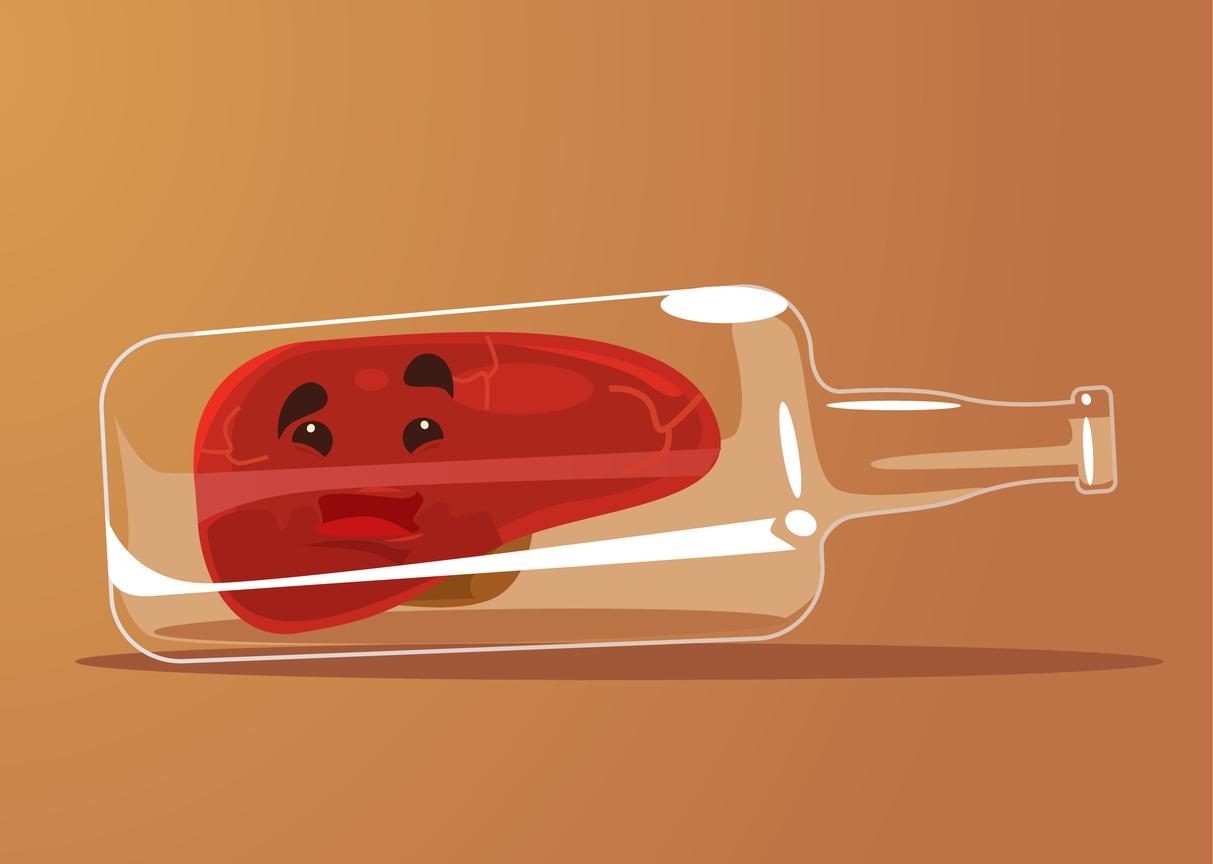Could daily alcohol consumption (also) be the cause of fertility disorders ? Consequences on the brain, liver diseases, cancers… The health risks of excessive alcohol consumption are widely recognized. And according to a recent study published on October 19, 2022 in the journal Acta Obstetricia and Gynecology Scandinaviadaily alcohol consumption could reduce the chances of conceiving a child.
Compared to those who did not drink alcohol, the chances of getting pregnant after fertility treatment increased decreased by 7% for women who consumed at least 84 grams of alcohol per week, the equivalent of seven drinks per week (or one per day). Similarly, men consuming the same amount saw their chances reduced by 9%.
But how can drinking alcohol impact fertility? “By reducing the number of spermatozoa and altering their size, shape or even their mobility”responded researchers from Tongji Hospital in Shanghai, China.
A decline in fertility linked to oxidative stress
“In the process of alcohol metabolism, reactive oxygen species can be formed”, says Dr. Yufeng Li, co-author of the study. And this excessive production can then increase oxidative stress, considered a risk factor for endometriosis, polycystic ovary syndrome or even unexplained infertility.
“Couples should be aware that certain lifestyle factors, such as drinking habits, can affect the results of their fertility treatment.”comments Dr. Yufeng Li.”But how these factors influence the reproductive system has yet to be elucidated by research.”he continues.
The best solution to keep all your chances on your side? Do not drink alcohol at all, according to Yufeng Li. According to the researcher, the safest level of consumption is zero drinks in case of the desire for children.
At the same time, researchers sought to know the impact of coffee consumption on fertility. Unlike alcohol, coffee had no impact on fertility.
Source :
- The association between caffeine and alcohol consumption and IVF/ICSI outcomes: a systematic review and dose-response meta-analysis, Acta Obstetricia and Gynecology Scandinavia, October 19, 2022

















